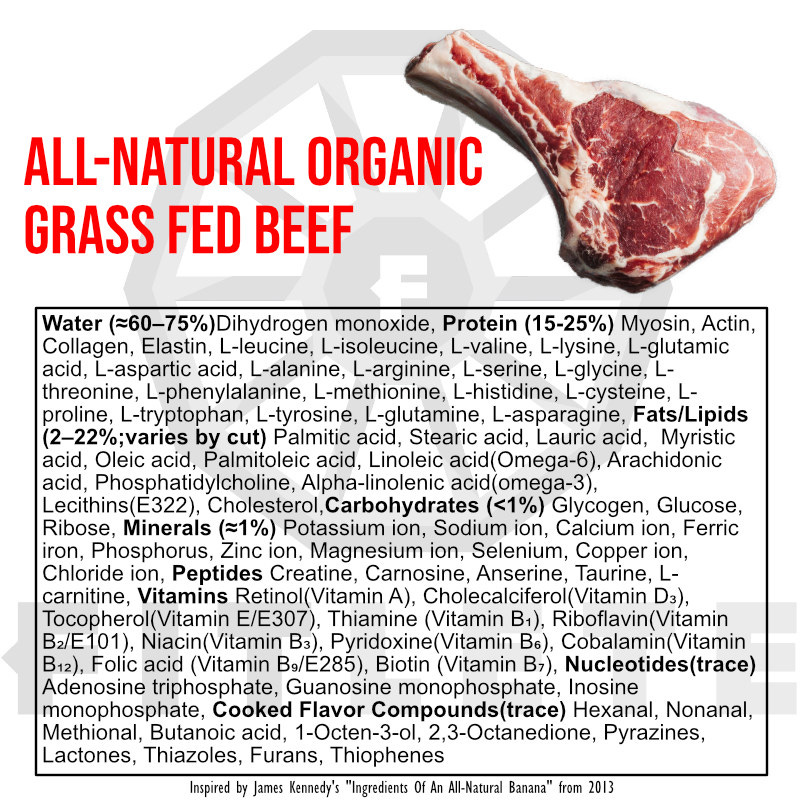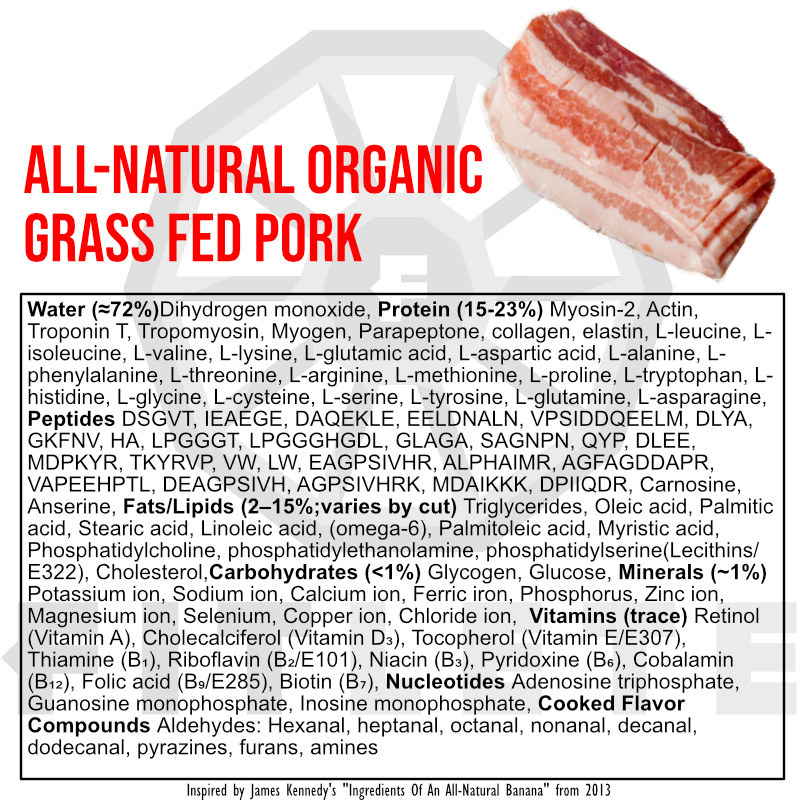Personal Trainers, Science Literacy & Chemophobia
Personal trainers need strong science literacy to avoid falling into chemophobia, spreading misinformation, and to better guide their clients through misleading health trends and media noise.
Are you using social media lately?
I say that with a hint of sarcasm. It seems like there's an endless stream of wild claims and crazy health trends out there. I know I'm seeing them, my friends are sharing them, and the news is reporting on them, so it's clear they're widespread. But when I see it from non-industry friends, I don't worry too much. It's when I see seasoned colleagues falling for the same stuff that really gets to me. It's not that it hurts, but it's a sign that they're missing out on a lot of science. I don’t think every trainer needs to be a science expert, but I do think being science-literate is crucial. A trainer who understands the science can help clients make sense of all the noise, avoid unnecessary health worries, and make informed decisions based on evidence.
That leads me to my primary motivation for the article.
Personal Trainers, Their Clients & Chemophobia
Chemophobia refers to an irrational fear of chemicals. It’s an irrational fear because everything that exists in our known universe is…chemicals. I can’t remember who said it, but I laughed out loud when someone referred to human beings’ bodies as being “a flesh bag of chemicals” because it’s funny verbiage and actually just plain ole true.
These days, chemophobia is often driven by some short-form social media video that spreads some viral misinformation that targets a reasonable layperson’s emotional reasoning. Personal trainers lacking science literacy might accept claims that 'chemicals' are harmful (including common, essential compounds like Vitamin B12) or demonize evidence-based food ingredients.
‘Vitamin B12’ sounds natural and appears harmless, but it can also be written as Cobalamin, Cyanocobalamin, Methylcobalamin, Adenosylcobalamin, Hydroxocobalamin. The latter names sound like scary chemical names, but they are the same thing, just Vitamin B12.
Falling into this trap can cause trainers to unnecessarily restrict clients' diets or spread myths that harm clients' health and damage trust in scientifically supported interventions. Trainers who demonstrate factual accuracy, avoid chemophobia, and can explain the science to clients thoughtfully will uphold better reputations, prevent legal or ethical issues, and contribute positively to an industry often criticized for misinformation and lack of formal standards.
Resisting Bad Science and Biased Media
I know it’s hard because sometimes those videos and posts look and sound legit! Trust me, I have also done a double-take on a few that looked pretty solid upon first glance and then completely fell apart after a second look. Personal Trainers who grasp the foundational principles within their field, basic research methods, statistics, the fundamentals of epidemiology can identify poor-quality evidence and spot warning signs in heavily biased presentations.
With this knowledge, personal trainers can prevent reinforcing pseudoscientific claims often found in social media posts, news headlines, and documentaries. When this scientific literacy tool is part of our personal trainer toolkit, we can steer clear of suggesting ineffective or potentially harmful practices to clients.
Empowering Clients to Sift Through the Noise
We can’t be at their sides at all times. While clients turn to trainers for trusted guidance in a chaotic information environment, we are generally only with them for one hour a day. Trainers with science literacy can help clients question sources, interpret health claims, and calmly distinguish between marketing hype and facts.
Science-literate trainers help build client confidence and encourage long-term commitment to evidence-based, healthy behaviors. Those trained in exercise science are more likely to provide safer, more effective, and more personalized programs, which reduces the risk of injury and prioritizes long-term client well-being above all else.





